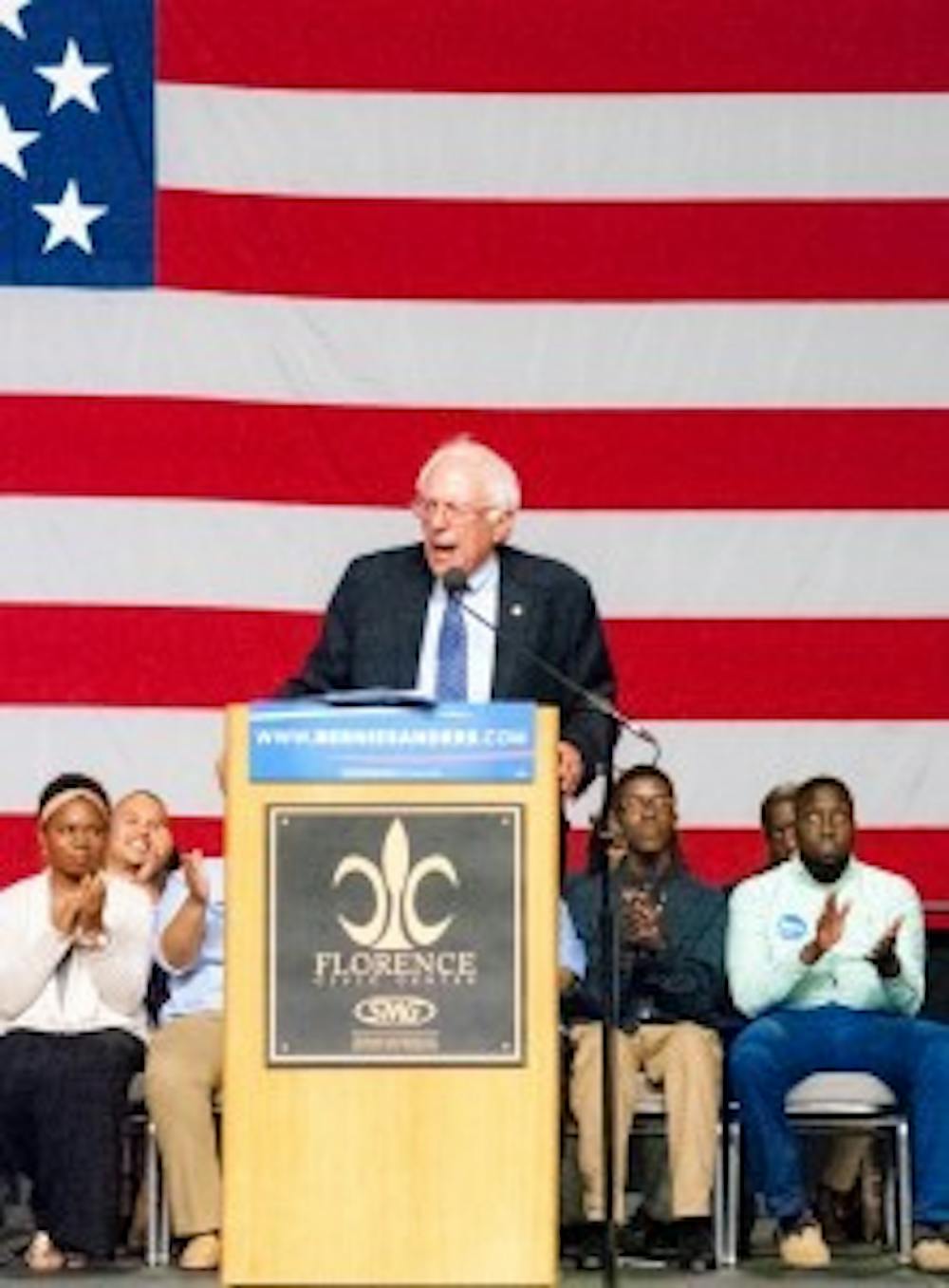And yet for at least two weeks after Gary Johnson announced his candidacy for the Libertarian Party’s Presidential Nomination, he didn’t have a website. His internet presence was limited to clips from interviews on Fox Business, supporter-run blogs or Facebook pages and a Tumblr.
Even if his campaign team is small, he should still theoretically have the network from his 2012 campaign. By third party standards his 2012 run was par for the course, garnering one percent of the total vote. (Incidentally that year’s website remained the second highest search result after the Tumblr for “Gary Johnson President” until the 2016 site went live). Presumably the people that worked on his campaign then are just as excited to have a candidate that reflects their views. As such they’re just as likely to want to work for him. So why the delay?
The short answer is likely related to finances. Lackluster funding is certainly a hindrance in having as robust a campaign as the Democratic and Republican Party-funded candidates. However a decent webmaster is not a prohibitively high expense. TV ads in prime spots are likely out of reach of the limited means of third party campaigns. Nevertheless social media accounts are both free to create and can be very effective marketing tools.
The long answer is that libertarians and other third parties want to believe that their platforms are enticing enough to attract voters without resorting to the politicking à la the major parties. They want to remain principled and use that to differentiate themselves from the major parties. Unfortunately that’s not enough to win votes, and votes are necessary to drive the changes they want to see.
Being passionate about one’s views is a requirement for someone whose views fall outside the mainstream spectrum. But it’s not enough to get together with all your alternative-belief friends and chat about ideology. You have to go out and be proactive, educate people about your beliefs, dispel stereotypes and convert people to your cause. Though hope and enthusiasm are important, grassroots organizing wins elections.
Unfortunately for Libertarians this is a particular challenge given their widespread distrust of the government. Libertarianism is an umbrella comprised of a large variety of political ideologies. It’s hard to convince someone to help put together an effective grassroots campaign for a candidate running for an office they don’t believe should exist.
Nonetheless an all-or-nothing approach isn’t productive in the long-term. Even if you know you’ll never achieve all your goals, perhaps some headway can be made. Libertarians need to embrace marginality and incremental change. Although we can’t eliminate all of the extraneous parts of government overnight, maybe we can start chipping away.






